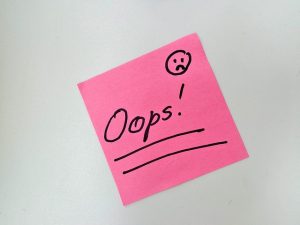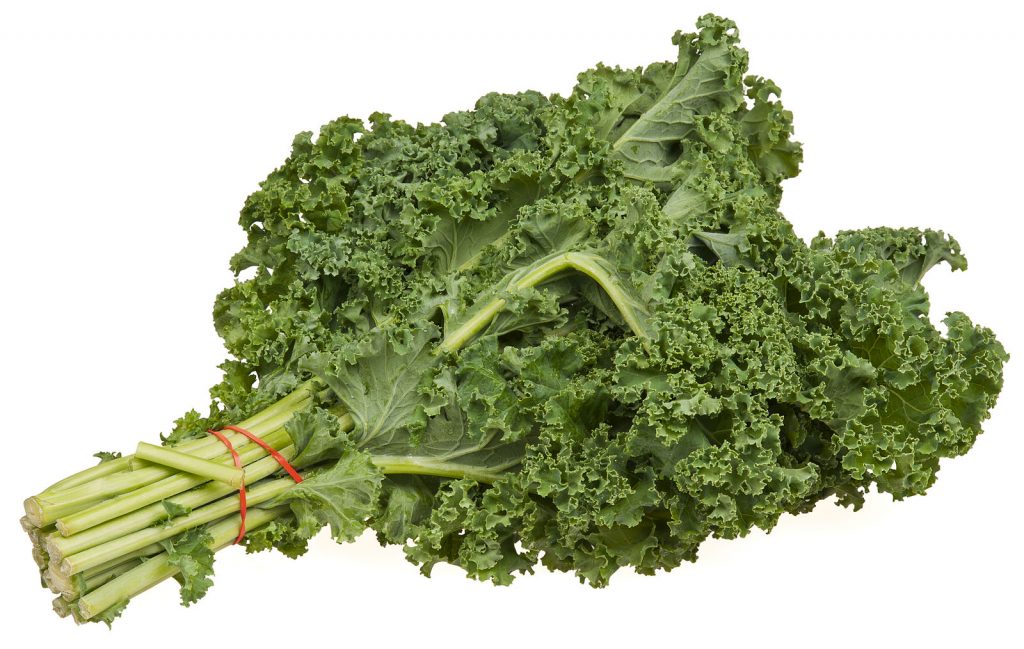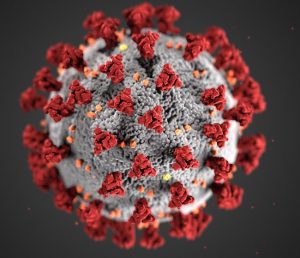Researchers in China have lost a 2019 paper on sedation in people undergoing cardiac surgery after readers complained that the authors had failed to properly register the trial.
The paper, “Effect of Perioperative Administration of Dexmedetomidine on Delirium After Cardiac Surgery in Elderly Patients: a Double-Blinded, Multi-Center, Randomized Study,” appeared in Clinical Interventions in Aging, a Dove Press title.
Last year, a commenter on PubPeer flagged the article, which has been cited 26 times, according to Clarivate Analytics’ Web of Science:
Continue reading Failed to properly register your trial? Just use a different study’s number. Actually, don’t.







